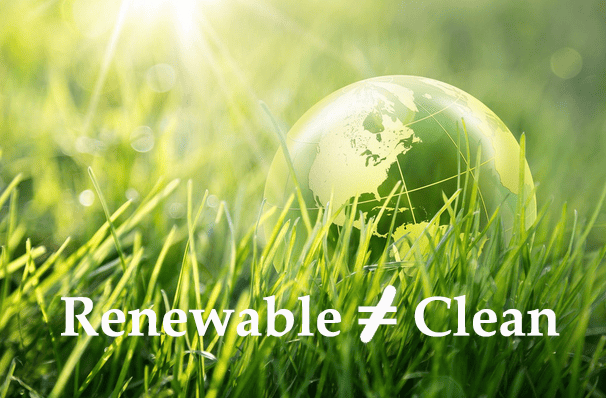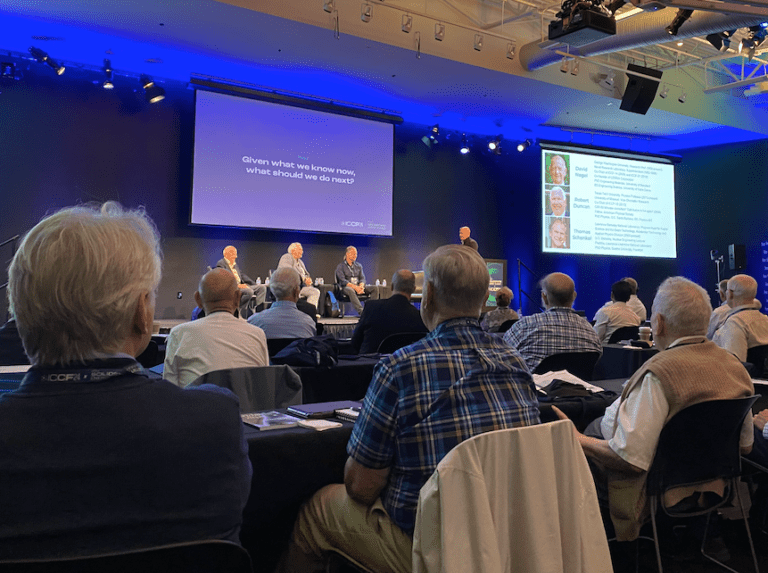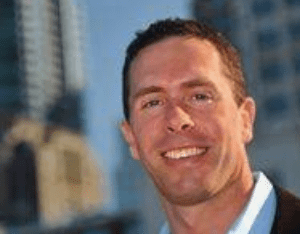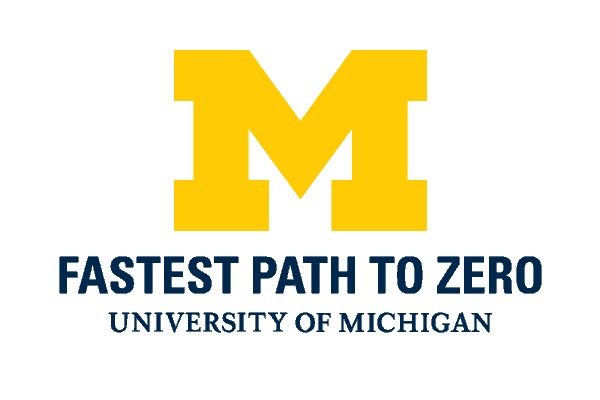Why is nuclear energy an important influence on both natural gas and hydrogen futures?
The Feb 6, 2024 Energy Gang podcast was titled “A pause in US gas export approvals: a big win for the climate?US hits the brakes on gas exports!” It was described as a gassy episode with a focus on international natural gas trading, the impact of the Biden Administration’s pause on issuing new permits that…





